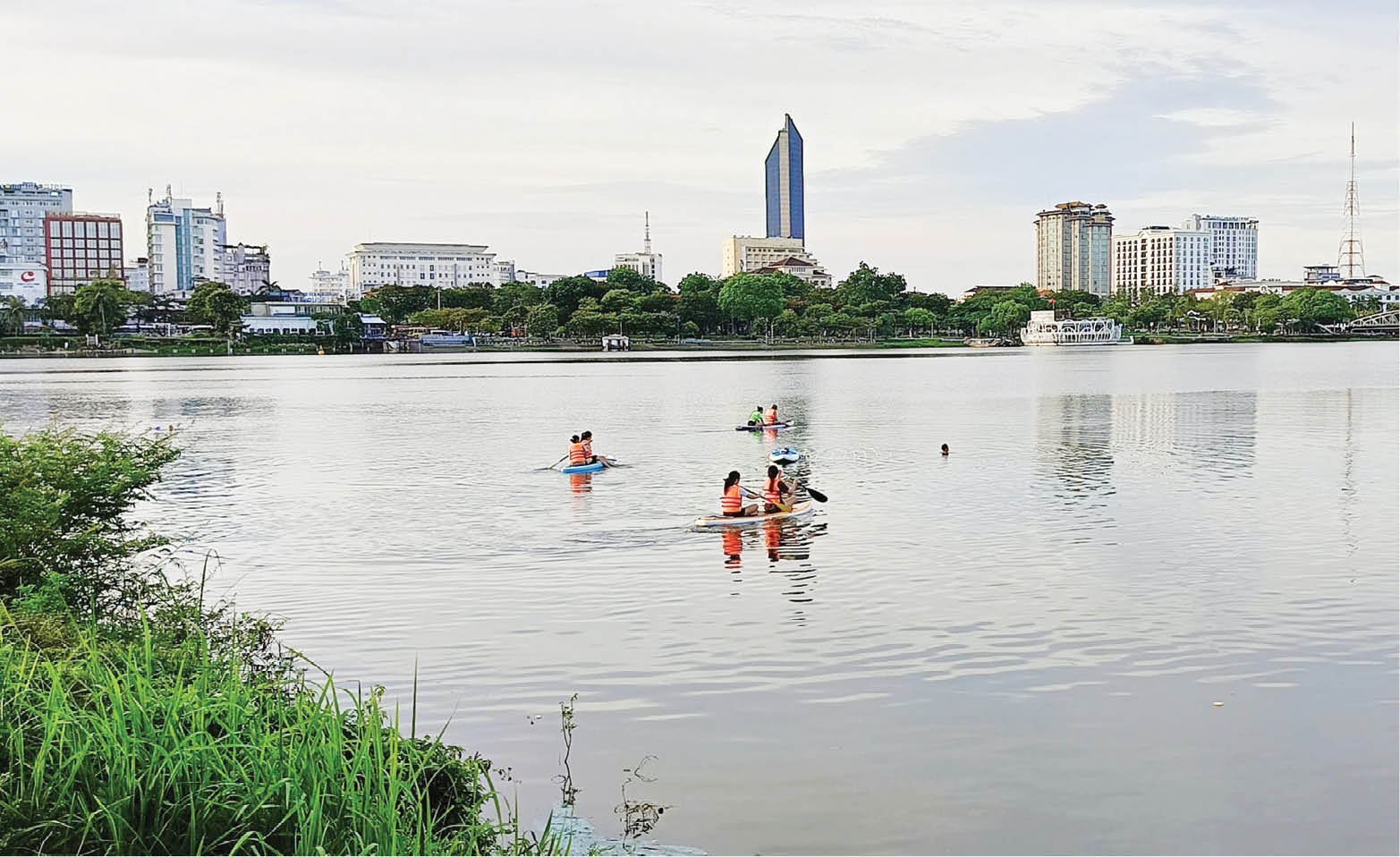 |
| Building a culture of savings to bring the country firmly into a new era (A corner of Hue city - illustration photo: Minh Tri) |
In an increasingly uncertain world with economic shocks, climate change, epidemics, and supply chain crises, accumulating internal resources to avoid dependence, passivity, and submission is a vital goal. And to gain that internal resources, saving is the "cornerstone" - as the General Secretary affirmed.
It is no coincidence that the article begins by affirming that thrift is an element that has permeated deeply into Vietnamese culture, passed down through folk songs and proverbs, becoming a “value of life”. But beyond the aspect of personal ethics, thrift today must be repositioned as a national organizational and administrative capacity.
The question is: Why in a country that is growing strongly like Vietnam, do we still have to discuss saving in depth? Because, as the General Secretary analyzed, the current wasteful situation does not only occur in a few industries or individuals, but is also creeping into management thinking, policy design and even social consumption habits.
From manifestations such as formal meetings, misuse of public vehicles, organizing lavish events, planning suspensions lasting decades, or the situation of "giving - presenting - showing off - enjoying" in consumption... All are showing that saving has not really become a "standard of living value" in modern society.
President Ho Chi Minh once taught: "Saving is not stinginess... When there is something beneficial for our compatriots and our country, no matter how much effort or money is spent, we are happy." That is a very modern concept of saving: not spending incorrectly, not spending in excess, but being willing to spend correctly and effectively.
In the article by General Secretary To Lam, that spirit is coherently continued when mentioning the need to cut unnecessary costs to the maximum to focus resources on investment in science and technology development, innovation, support for the private economy and ensure social security.
In the context of Vietnam entering the stage of “high quality and sustainable” development, all national resources must be used intelligently and with strategic goals.
Every dollar saved from a bloated bureaucracy is a dollar invested in education, health care, research and infrastructure. Every square meter of public land that is not abandoned is a step forward in the equitable use of resources.
When the General Secretary mentioned specific figures such as more than VND20,000 billion saved each year from merging administrative units, or the value of more than 18,500 redundant public offices that can be re-exploited, it was proof of how savings were institutionalized into policy and put into practice.
The most important thing that the General Secretary's article emphasized was turning thrift into a cultural habit and a regular operating mechanism of the entire system. That is, not only relying on individual efforts, not just slogans on anniversaries, but also institutional transformation: Amending laws, cutting procedures, shifting pre-inspection to post-inspection, eliminating the "ask - give" mechanism, making public assets and leaders transparent.
There, savings are measured by KPIs in public spending; by administrative records processing time; by the number of public assets put back into use; by the number of creative solutions that help reduce product costs in enterprises.
In particular, when emphasizing that 100% of administrative procedures must be digitized, not limited by administrative boundaries, the article not only calls for saving operating costs, but is also redefining the effectiveness of state governance in the digital age.
When the General Secretary recommended the need to launch and maintain a “National Day of Thrift Practice,” it was not just a formal call. It was a warning that if we do not change from the root – from social awareness to policy design, from individual behavior to organizational models, we will waste not only wealth, but also development opportunities.
No nation has ever grown strong from waste. And no independence can last if it relies solely on borrowed resources. In the new era, as we move towards the goal of “a strong and prosperous Vietnam by 2045”, thrift, in the light of the Party and Uncle Ho’s ideology, is the indispensable foundation for building a self-reliant and everlasting nation.
Source: https://huengaynay.vn/chinh-tri-xa-hoi/theo-dong-thoi-su/thuc-hanh-tiet-kiem-la-chien-luoc-phat-trien-tu-cuong-154468.html


![[Photo] General Secretary To Lam works with Lam Dong, Binh Thuan and Dak Nong provinces](https://vphoto.vietnam.vn/thumb/1200x675/vietnam/resource/IMAGE/2025/6/11/c3e736d90cda4fe78f96c9bfb68d4e0b)




![[Photo] Third session of the Committee for Drafting Amendments and Supplements to a Number of Articles of the 2013 Constitution](https://vphoto.vietnam.vn/thumb/1200x675/vietnam/resource/IMAGE/2025/6/11/16cab51dafc741719485978eb3ed8ce3)


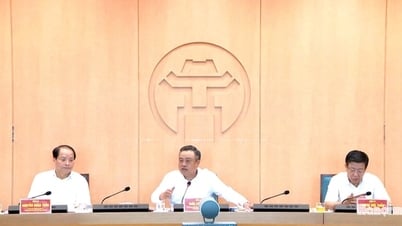

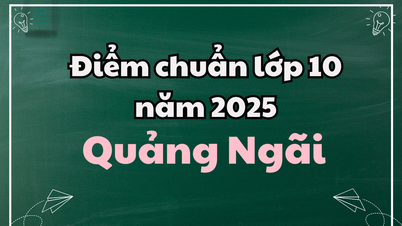
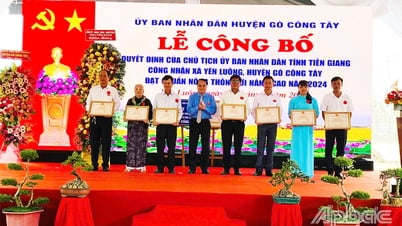

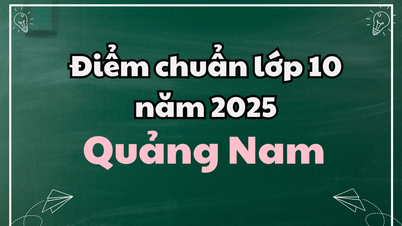
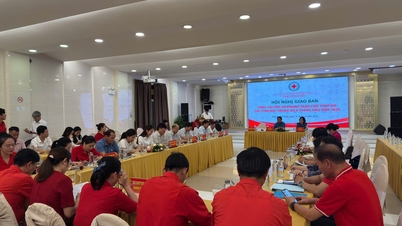




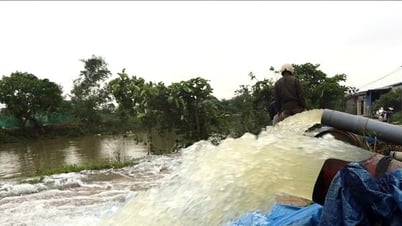
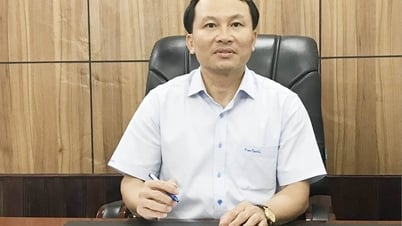

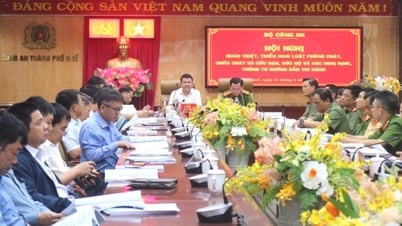
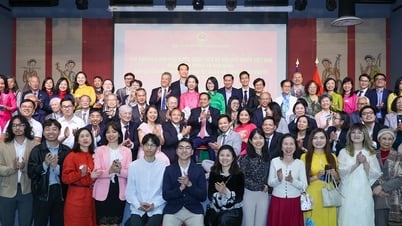
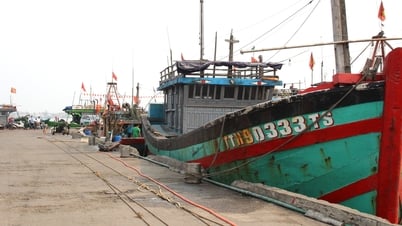


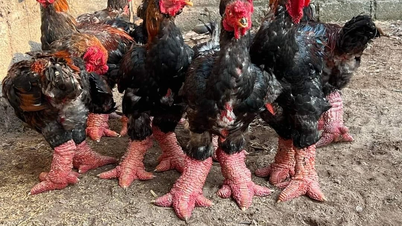





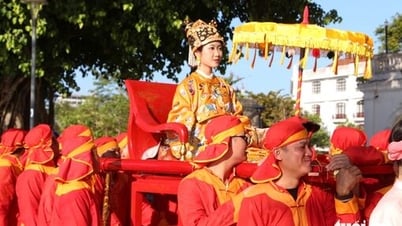

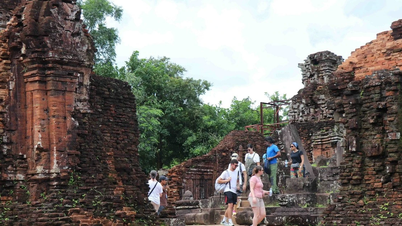



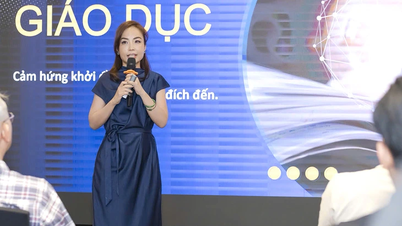
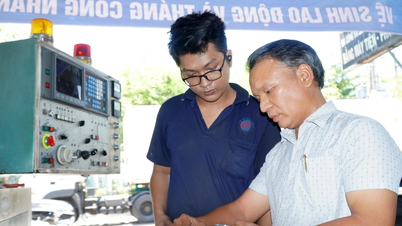


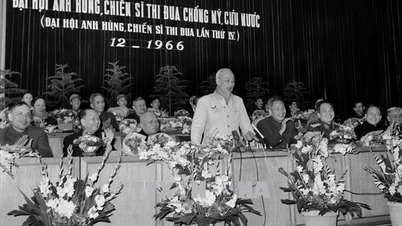


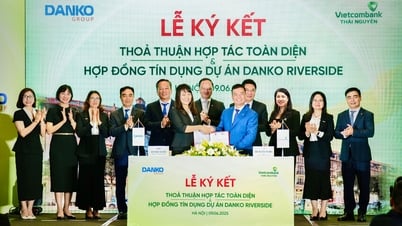

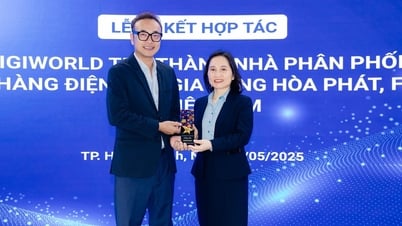

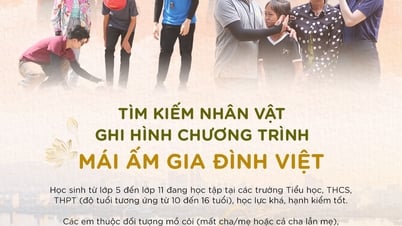
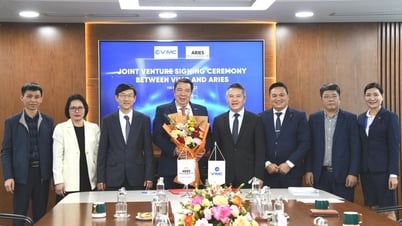




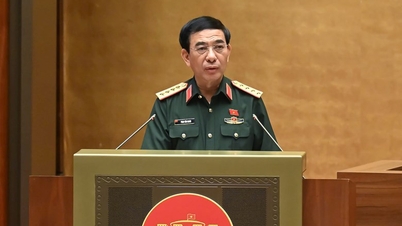
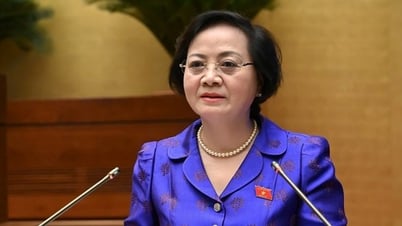

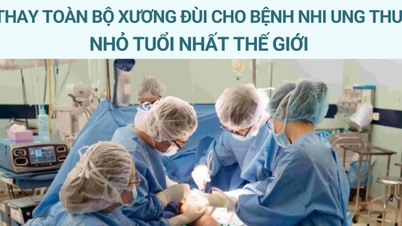
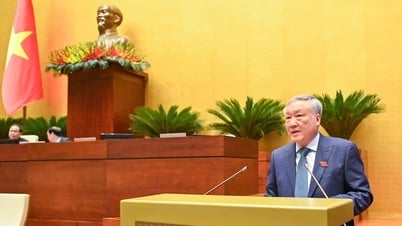
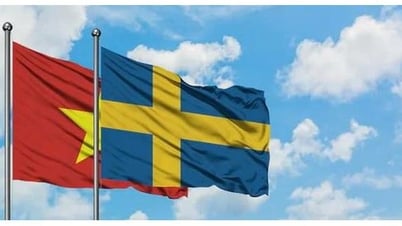
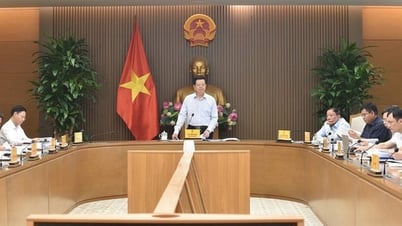




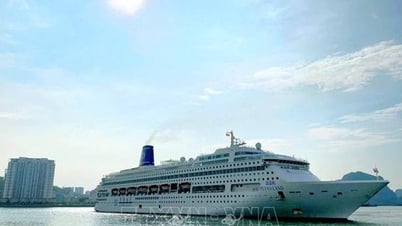
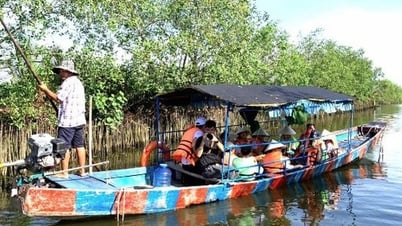
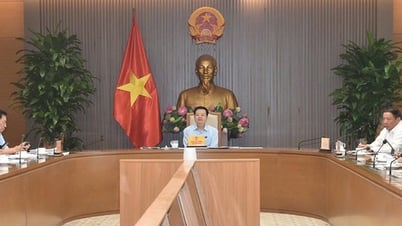
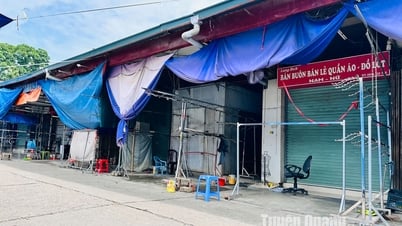

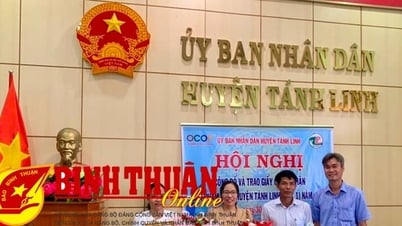


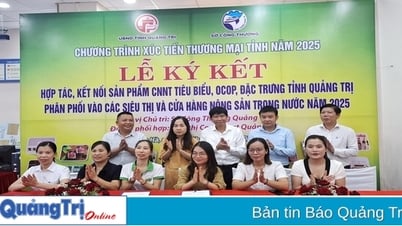

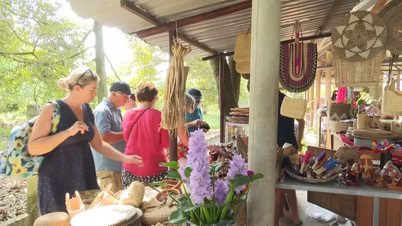

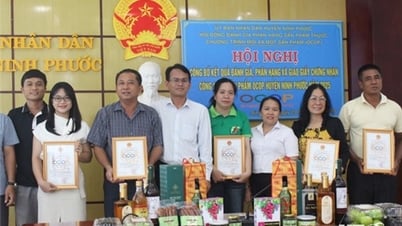

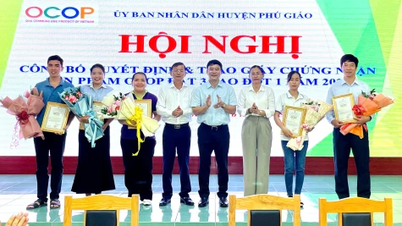


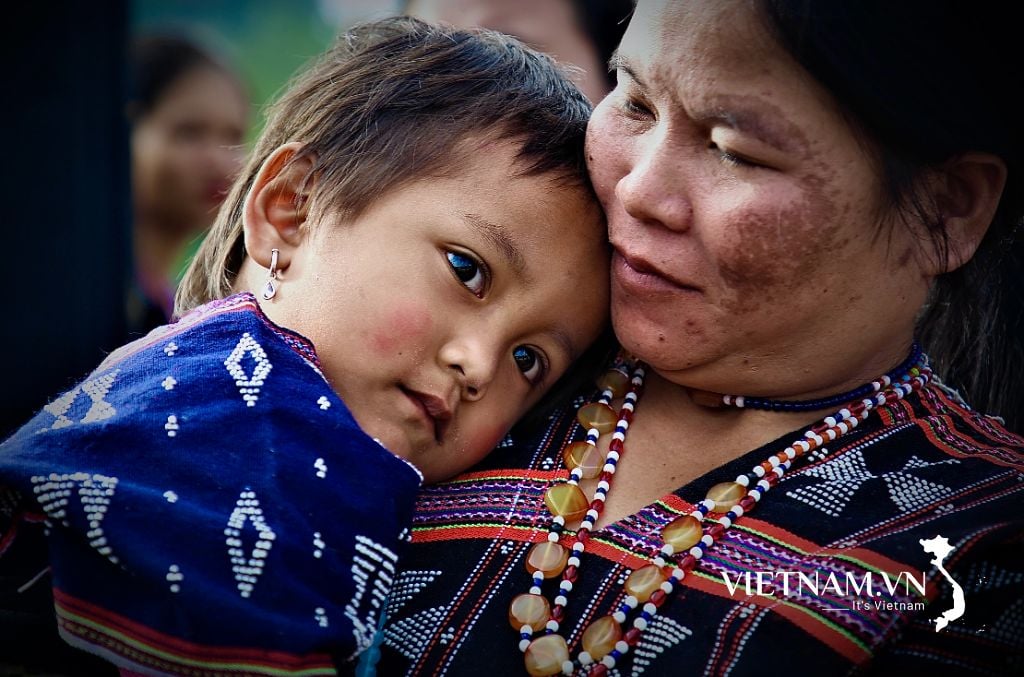
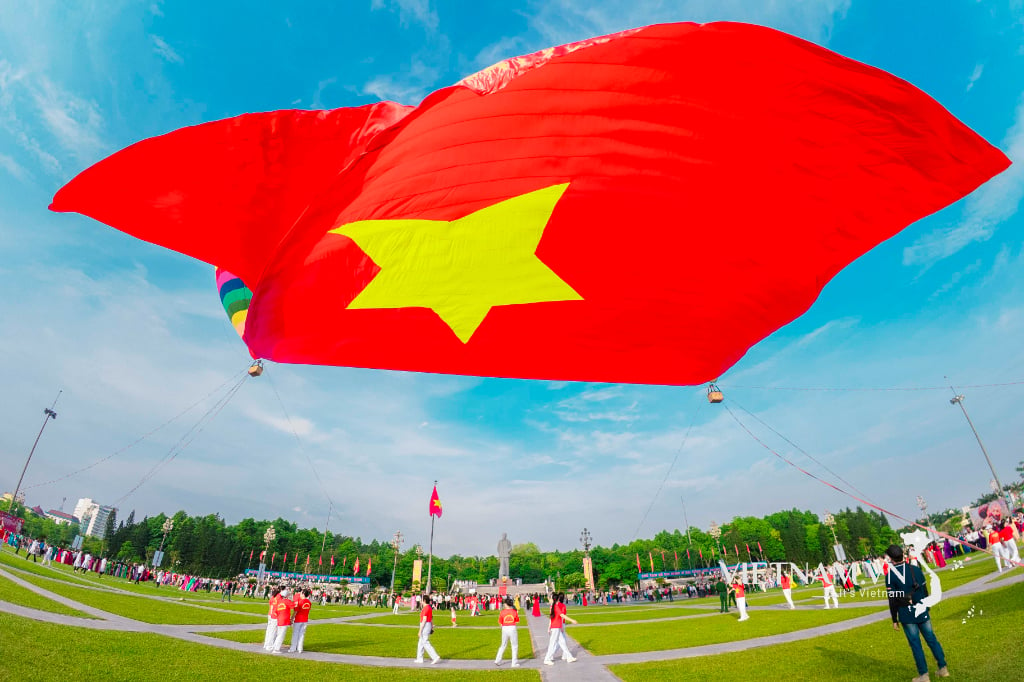
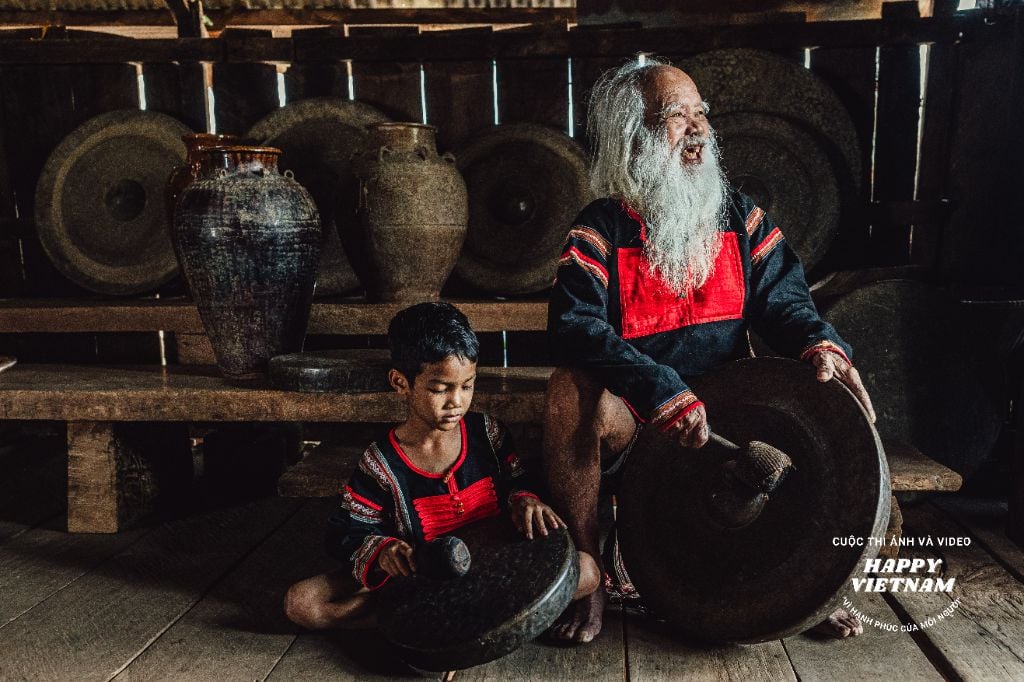

Comment (0)